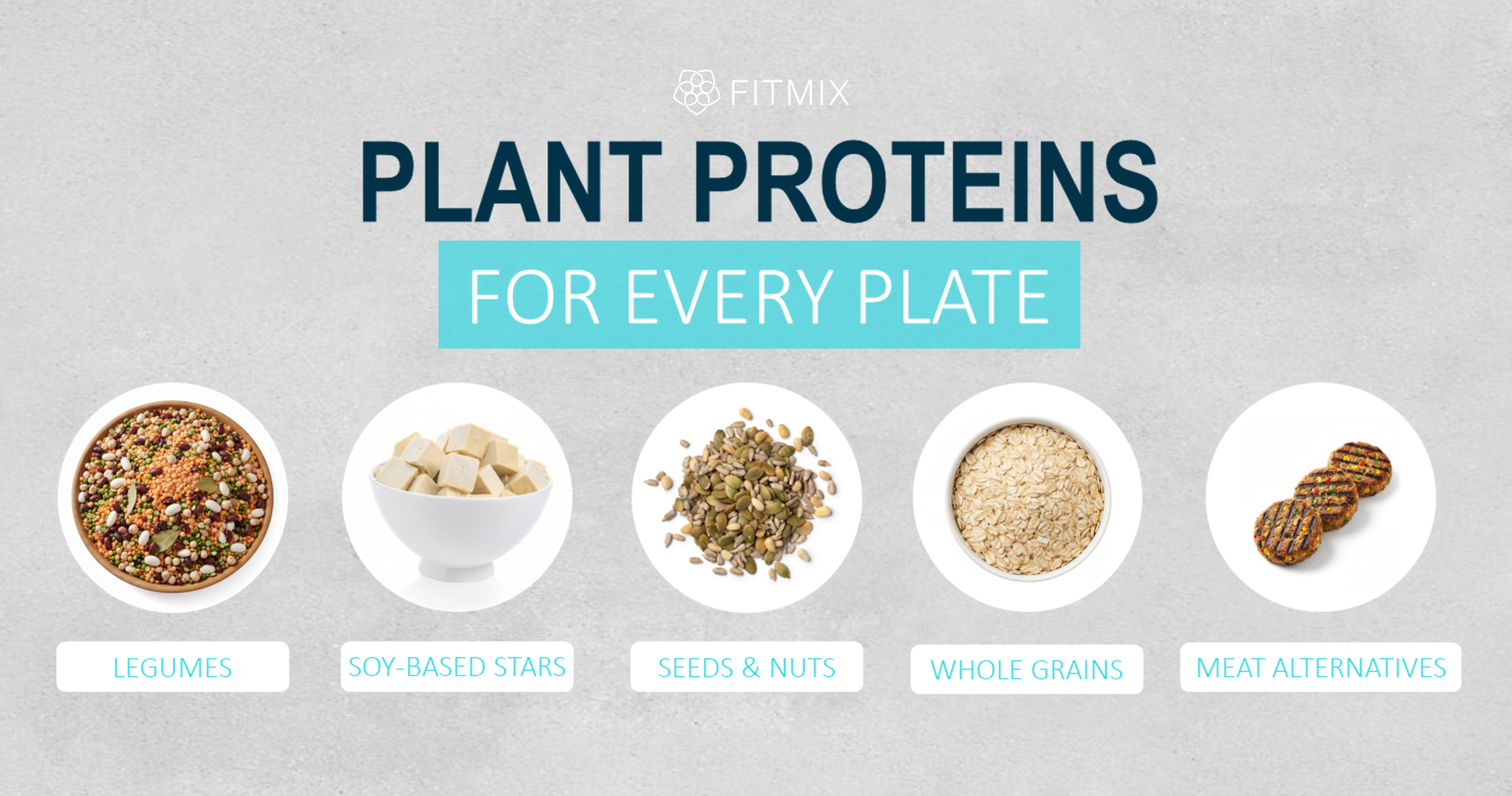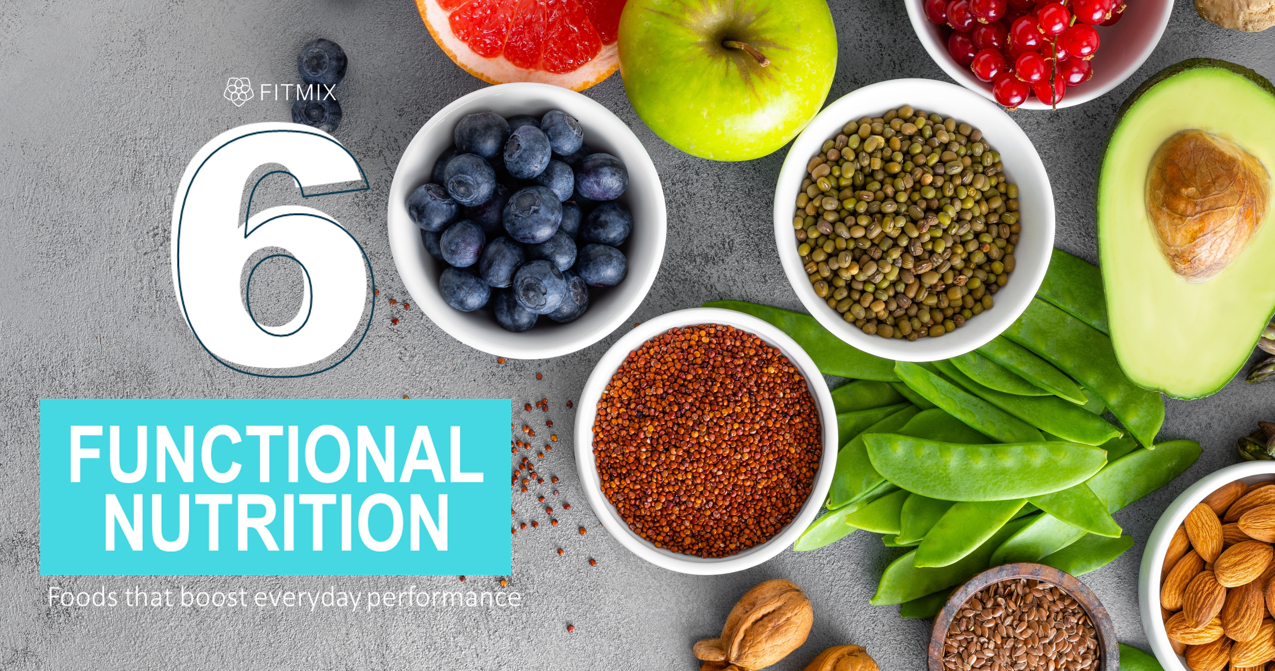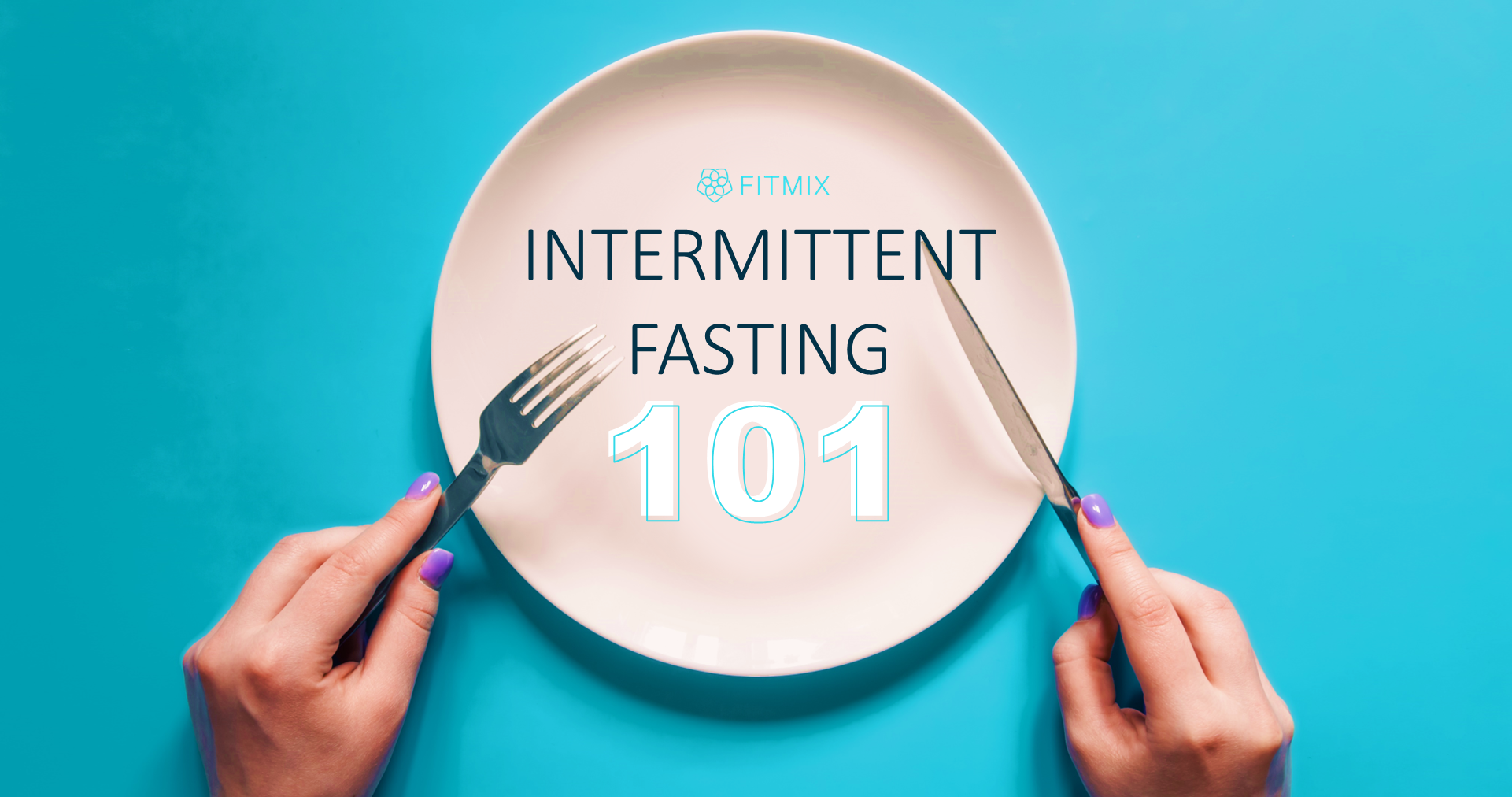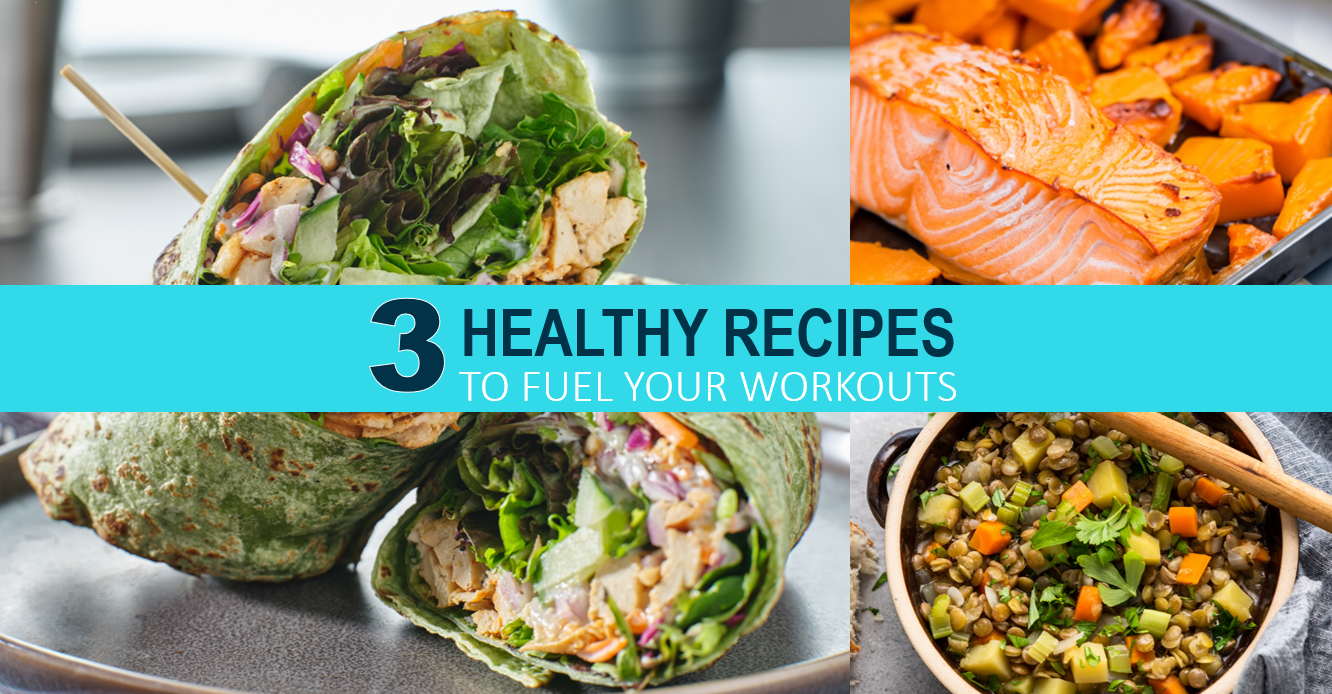Debunking Common Nutrition Myths
 January 27, 2024
January 27, 2024
 0
0
 0
0
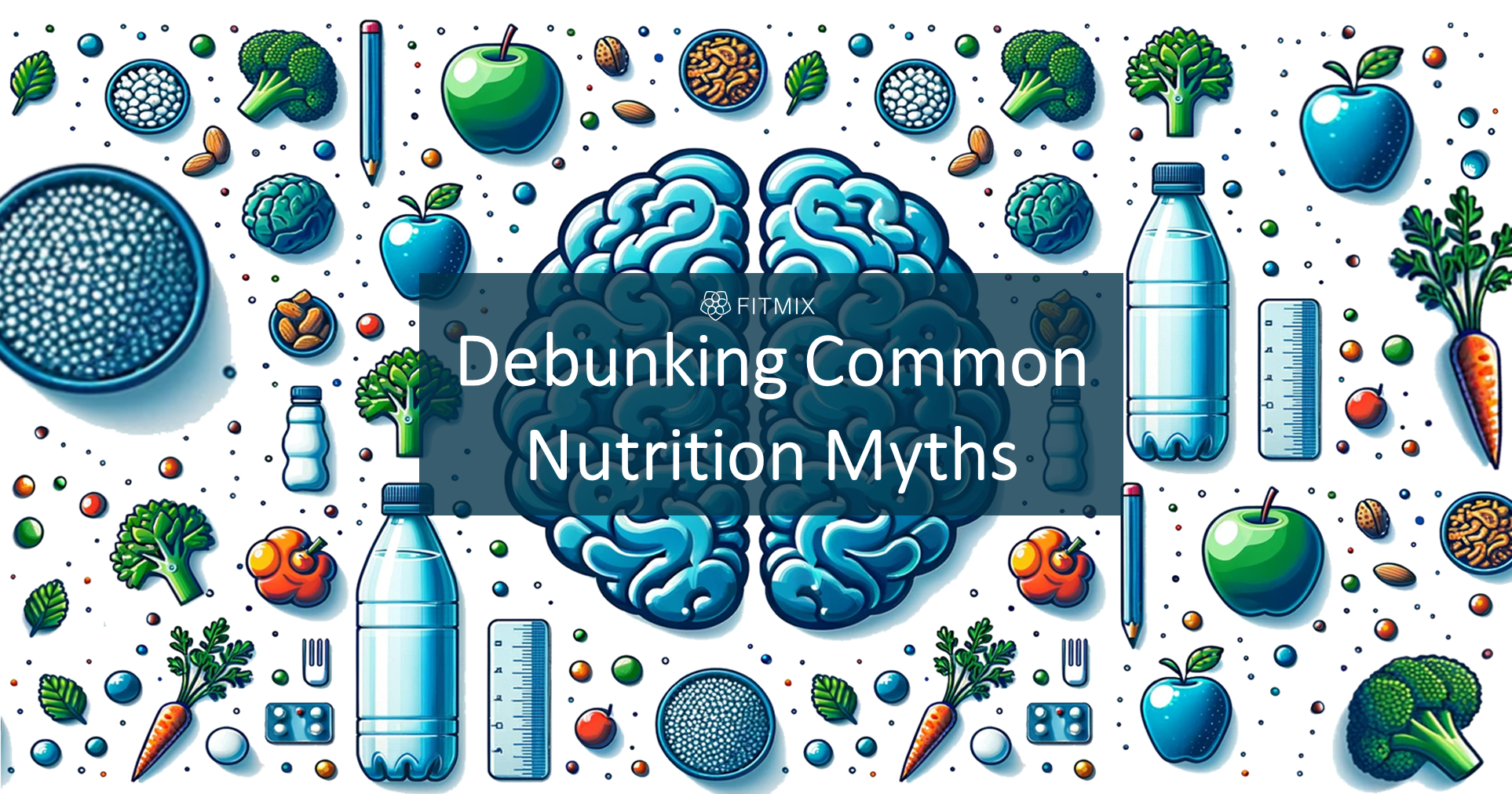
In the quest for optimal health and well-being, it's easy to be swayed by popular health trends and nutrition myths. The world of wellness is constantly evolving, and with it, a stream of misinformation that can lead to confusion and misguided efforts. In this blog, we dive into some common health and nutrition myths, debunking them with evidence-based information.
Myth 1: Carbohydrates Are Bad for You
The Reality: Carbohydrates have been demonized in recent years, especially with the rise of low-carb diets. However, they are an essential part of a balanced diet. Carbohydrates are the body's primary energy source, especially for the brain and muscles during exercise. The key is to choose complex carbohydrates, like whole grains, fruits, and vegetables, which provide fiber and nutrients.
Myth 2: Fat Makes You Fat
The Reality: Dietary fat has long been blamed for weight gain, but it's a misconception. Fats are essential for body functions, including hormone production and nutrient absorption. The type of fat matters; monounsaturated and polyunsaturated fats (found in avocados, nuts, and fish) are heart-healthy, while trans fats (found in many processed foods) should be avoided.
Myth 3: Superfoods Offer Miracle Health Benefits
The Reality: The term "superfood" is more a marketing gimmick than a scientific classification. While foods labeled as superfoods, like acai berries or quinoa, are nutritious, no single food holds the key to good health. A balanced diet incorporating a variety of nutrients is far more beneficial than focusing on individual 'miracle' foods.
Myth 4: High-Protein Diets Are the Best for Weight Loss
The Reality: While protein is crucial for muscle repair and growth, a balanced diet is key to sustainable weight loss. High-protein diets can lead to a lack of essential nutrients if they significantly limit other food groups. It's about finding a balance that works for your body's needs.
Myth 5: Skipping Meals Can Help You Lose Weight
The Reality: Skipping meals, especially breakfast, is often believed to aid in weight loss, but it can have the opposite effect. It can lead to overeating later in the day, slower metabolism, and nutrient deficiencies. Regular, balanced meals are more effective for weight control and overall health.
Myth 6: Detox Diets Cleanse Your Body
The Reality: The concept of detox diets is appealing but largely unfounded. The human body is well-equipped with organs like the liver and kidneys to eliminate toxins. Most detox diets are restrictive and can lead to nutrient deficiencies and other health issues.
Conclusion
Navigating the world of health and nutrition can be a challenge with the plethora of information available. It's important to approach health trends and fads with a critical eye and prioritize balanced, evidence-based nutrition practices. A well-rounded diet, combined with regular exercise and adequate hydration, is the cornerstone of good health. Remember, if something sounds too good to be true in the realm of diet and nutrition, it probably is.
Subscribe to My Newsletter
Fill your email below to subscribe to my newsletter
Comments (00)
Be the first to comment!
Leave a Reply
Your email address will not be published. Required fields are marked *


